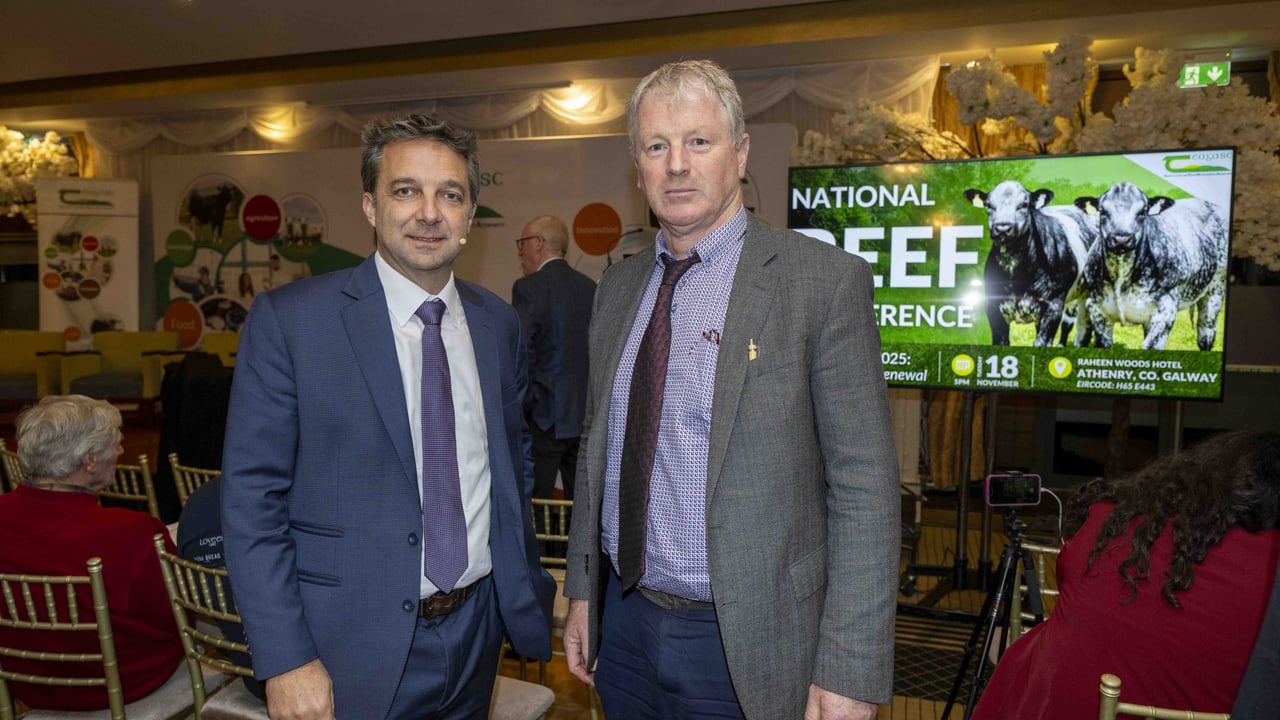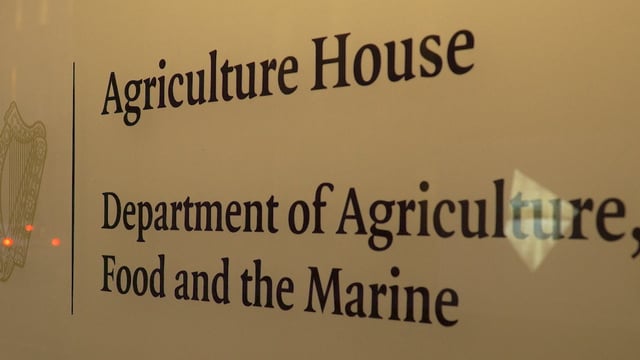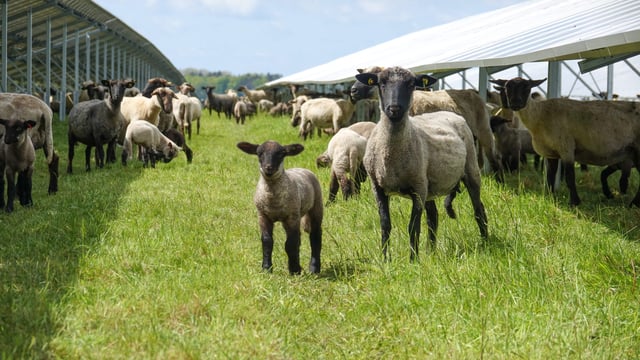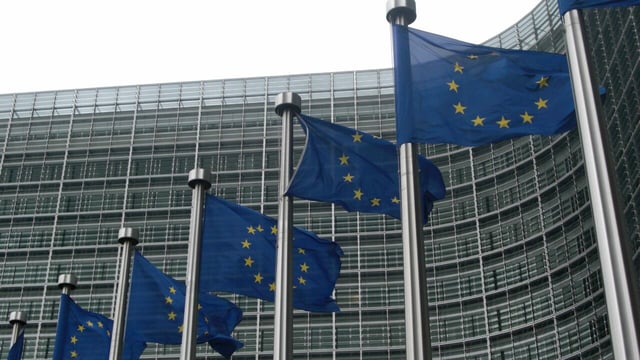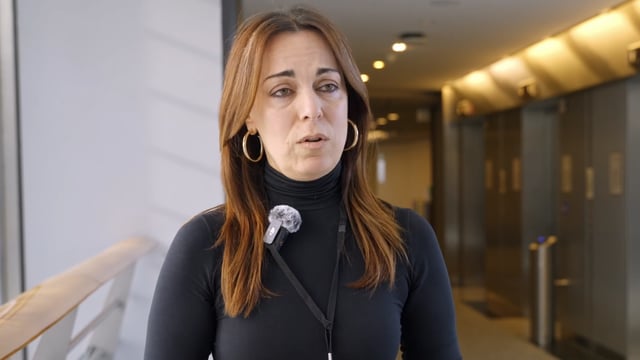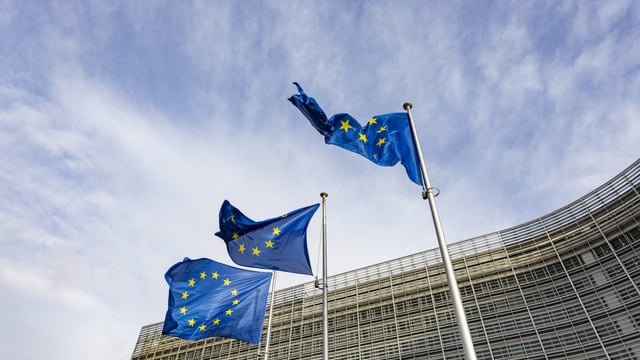Why this meat director is 'not panicked' about the Mercosur deal
Gira's meat and livestock director Rupert Claxton told the 2025 Teagasc National Beef Conference he is "not panicked" about the proposed beef imports in the Mercosur trade deal.
Claxton told the room full of of beef farmers and industry stakeholders that he is "not that concerned" on the impact of the proposed 99,000t of beef entering Europe from South America.
Explaining what the deal involves to the conference attendees, he said: "In terms of beef, it's the best part of 100,000t in quota; the deal is as near as done; it's not actually signed yet."
The Gira representative said the deal has been separated into a commercial part and "effectively a bilateral communications/economic pact".
"They're going to do the commercial part first. Chances are it's going to be signed before Christmas," he added.
"That doesn't mean they'll move anything [beef] until at least the middle of next year because the South Americans haven't actually worked out how they're going to divvy up the quota between themselves.
"We will start to see product move - I would suspect - by the second half of next year."
"It's about 100,000t of beef and they're going to bring the tariffs down on the other bits of beef quota they have."
He also added that the deal includes 180,000t of poultry meat, which he said will be predominantly chicken.
'Not panicked'
Explaining why he's "not panicked" about the impact of the beef imports on EU beef markets, he said: "The reality is Europe can absorb those products because of what's happened in our sustainability push at a government level.
"We are producing less [beef] and we're going to produce less.
"Even with UK beef production taken out of it, you see the production outlook continues to trend on down."
Claxton said that, "if you take out the short-term signals", the long-term picture is for a decline in overall European beef production.
"If we want to eat beef in Europe, were going to have to import the gap.
"Here's why I am not that concerned. With the UK taken out, just the EU 27 beef production, if you look back to 2018, you'll see we were at just over 7 million tonnes.
"By the time we get to our 2026 forecast, we're down to just under 6.5 million tonnes.
"So we've lost 830,000t of [EU beef] production over that period [2018-2026] and we're worried about 100,000t coming in. It's not a big panic."
Claxton acknowledged that there are some "challengers that say that product will come in and they'll target our market deliberately."
Giving his perspective on this concern, he said: "They won't. That's not commercially sensible for anyone.
"They're going to look for the best market . They'll spread that product around. They're interested in finding the best price they can."
The meat and livestock director acknowledged the proposed beef imports under the trade deal "will take a little bit of the edge of price, that's almost certain," he said.
Mercosur target markets
Commenting on what markets he believes the Mercosur beef will target if granted access for the additional 99,000t, he said: "There's probably more of a risk they'll target the grinding market with pre-made burgers than there is targeting the prime beef market."
Giving his final outlook remarks on the proposed Mercosur trade deal, he said: "Chances are it's going to come.
"Chances are Europe will absorb it - but it will take a little bit of shine off the top of the price.
"Timing will be everything, so we'll watch and see how this unfolds."

